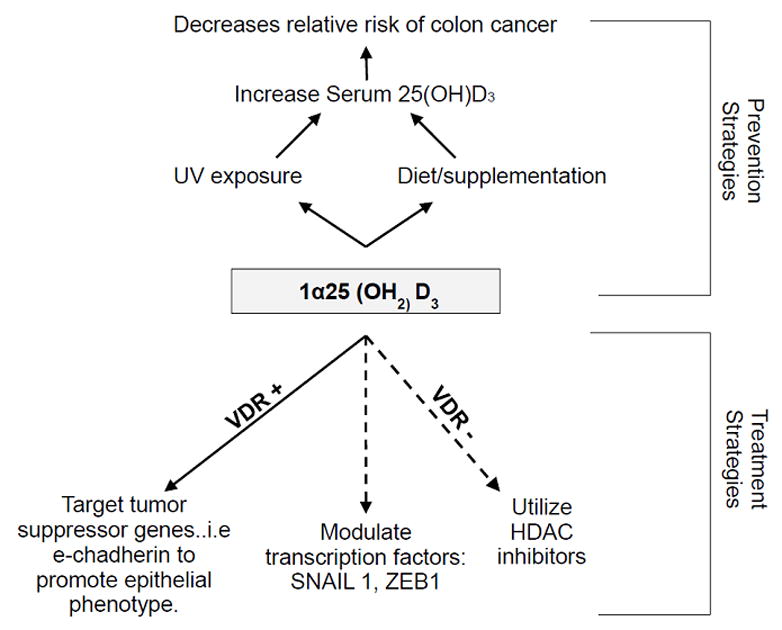Figure 3. Vitamin D and its metabolites have a potent effect on colorectal cancer.

Here we summarize the findings discussed in this review. In short, colorectal cancer can be treated by targeting transcription factors that down-regulate the vitamin d receptor, which is essential in order for vitamin d to mediate its effects in promoting an epithelial phenotype. Furthermore, we show that their our potential preventative measures to protect individuals from colon cancer, such as increasing serum levels of 25(OH)D3 by either sun exposure, diet or supplements.
